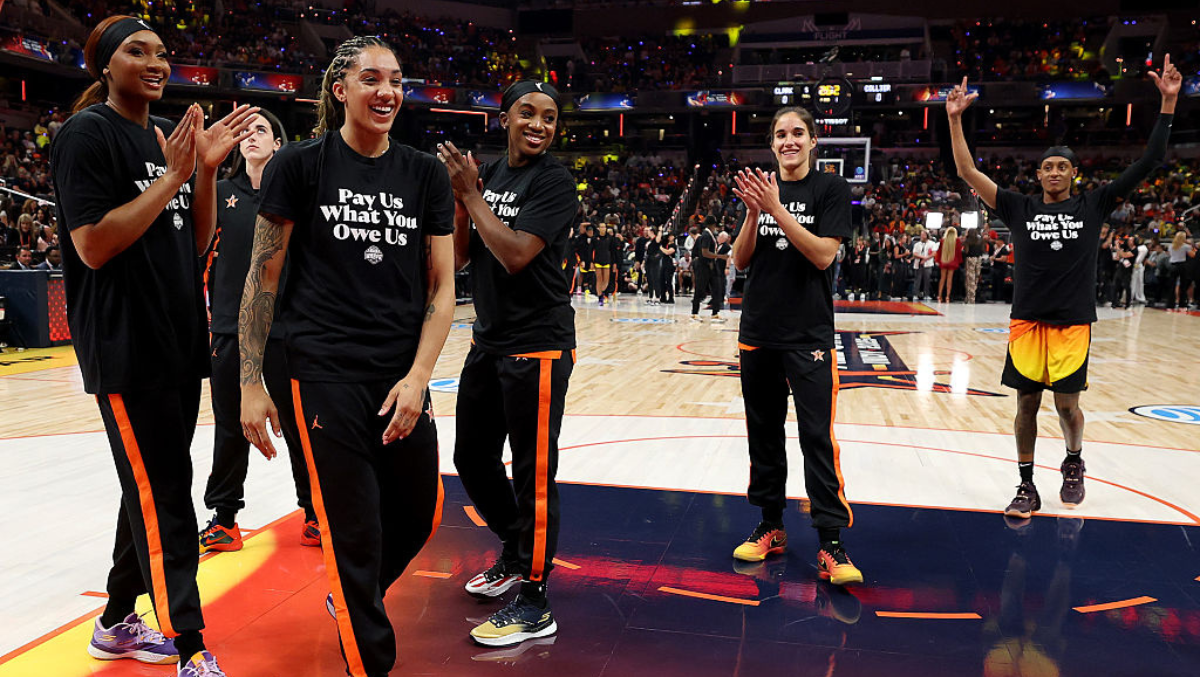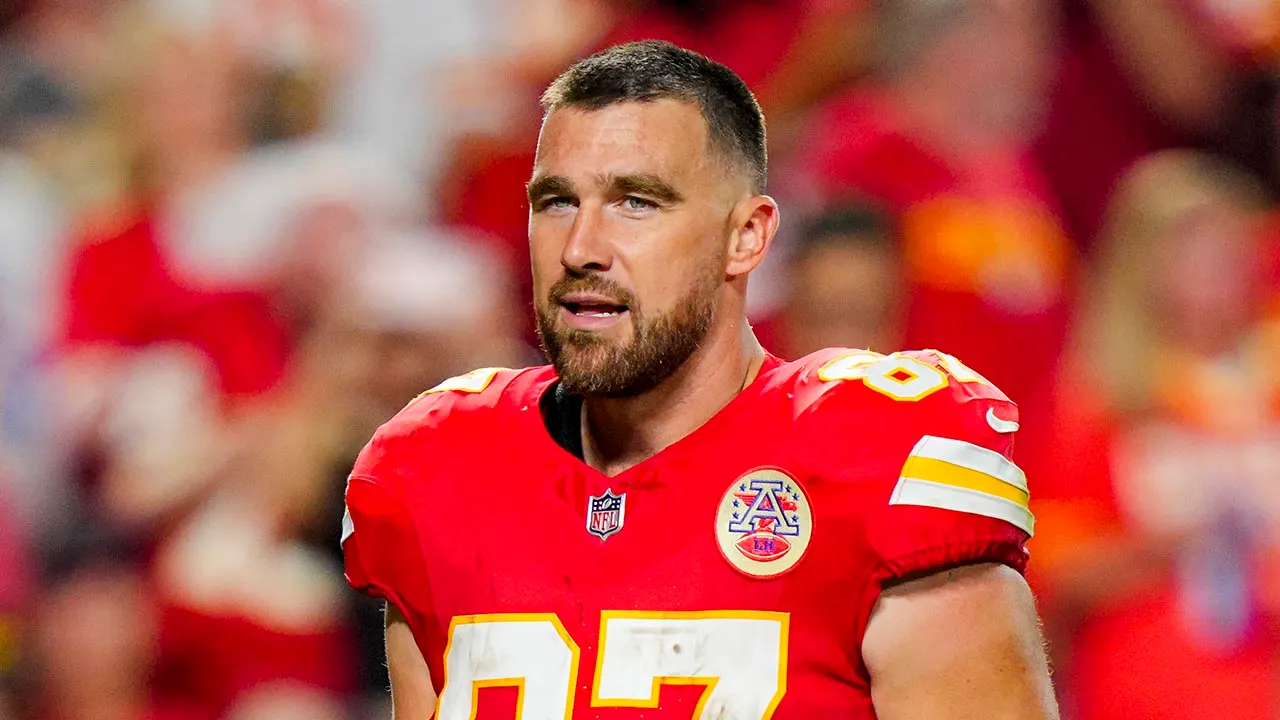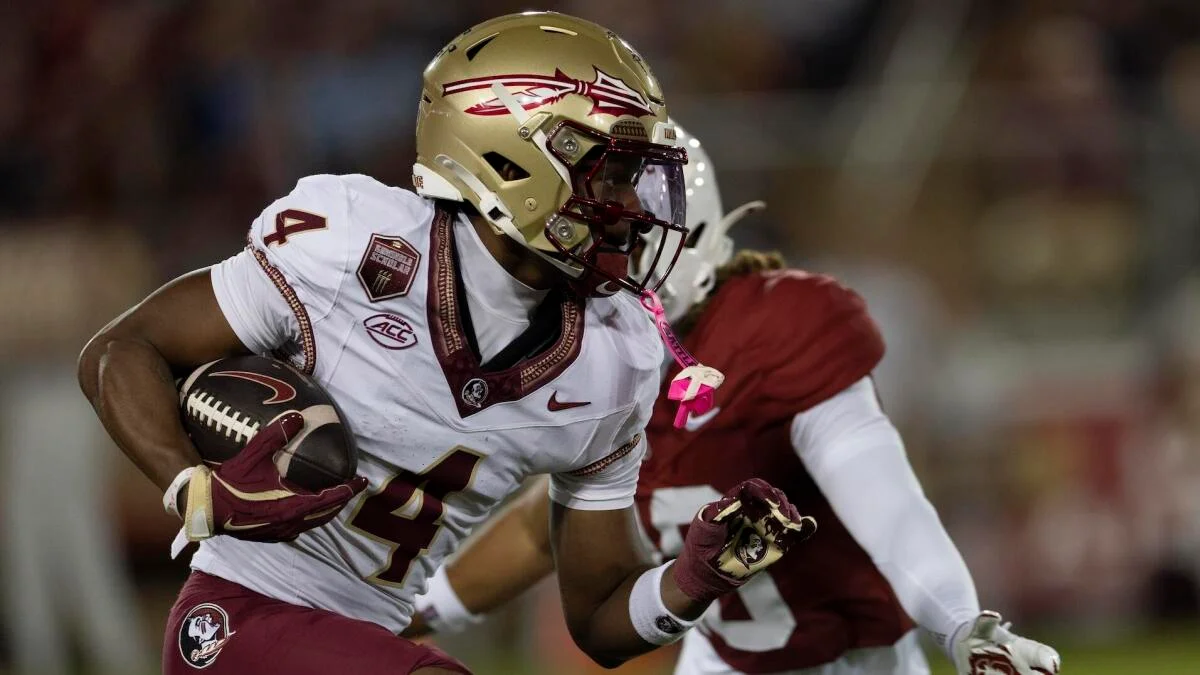Copyright outkick

The WNBA and its players are staring down a deadline, and the two sides are still miles apart. With just two days to go before the current collective bargaining agreement expires, the WNBA has offered the players union a 30-day extension to keep negotiating. But based on the rhetoric coming from both sides this week, don't expect a deal anytime soon. "Those circumstances do not yet exist," a source told ESPN, when asked if the players would agree to the extension. And that may be the nicest thing either side has said lately. In an appearance Tuesday on The Athletic podcast No Offseason, union legal counsel Erin D. Drake confirmed there will not be a new agreement by the Oct. 31 deadline. "We have worked hard to be able to say on Friday, ‘we did it.’ Unfortunately, that’s not going to happen," she said. "In a dance, it takes two to tango. And it has been difficult to find a beat, to find a rhythm and to find the same sense of urgency [from the league], just to be frank, to get this done." The league didn't take kindly to that comment. In a fiery statement to Front Office Sports' Annie Costabile, a WNBA spokesperson said the league's most recent proposal was made Oct. 1 and that the union didn't respond until Oct. 27. "We urge the Players Association to spend less time disseminating public misinformation and more time joining us in constructive engagement across the table," the statement said. Yikes. The WNBA & WNBPA Have Been Feuding For Months The two sides have traded increasingly hostile statements after NBA Commissioner Adam Silver told NBC's Today that player salaries should be judged in "absolute numbers," not revenue share. That didn't sit well with the WNBPA, which is demanding a fixed-percentage model — like the one used by the NBA — that guarantees players a growing slice of the league's expanding pie. Instead, the WNBA is offering what it calls an "uncapped" revenue sharing model, though players say that's not an accurate description. "You know they know it's bad when the best they say they can do is more of the same," union executive director Terri Jackson said in a statement. "A fixed salary system and a separate revenue-sharing plan that only includes a piece of a piece of the pie, and pays themselves [the league] back first." The WNBA says its proposal includes a supermax salary of $850,000 and a veteran minimum of $300,000 — both huge jumps from current figures. But the league still insists on tying revenue share to cumulative thresholds, meaning players wouldn’t see extra money unless certain financial targets are hit. The current structure only includes league office revenue, not team revenue. "The fact that the league now wants to call any part of its proposal ‘uncapped’ is precisely why its leadership, transparency and accountability are being challenged right now," the WNBPA said. RELATED: WNBA CBA Fight Heats Up As Dozens Of Lawmakers Take Players' Side Minnesota Lynx star and WNBPA vice president Napheesa Collier put it more bluntly in an interview with Glamour this week. She used Caitlin Clark as an example of the league taking advantage of its players. "We are being so grossly almost taken advantage of, and it should be illegal," she said. "The amount of money that Caitlin Clark has made the league is insane, and she’s getting 0% of it because we have no rev share. She gets less than $80,000 a year, and she’s bringing in, like, hundreds of millions of dollars. It’s insane." She added, "If we give in, we’re not only doing a disservice to us, we’re doing a disservice to where we have gotten in women’s sports … We really have no choice but to stand strong again, not just for the present, but for the future of our league too." As of Wednesday morning, no decision had been made about whether the players will accept the 30-day extension. If they don't, negotiations can still technically continue, but the door opens for a possible lockout or strike. Either way, the league's entire offseason is now in limbo. The December expansion draft for new teams in Toronto and Portland can't proceed without a CBA in place. Neither can free agency or 2026 draft planning. Right now, this stand-off is benefitting no one.



